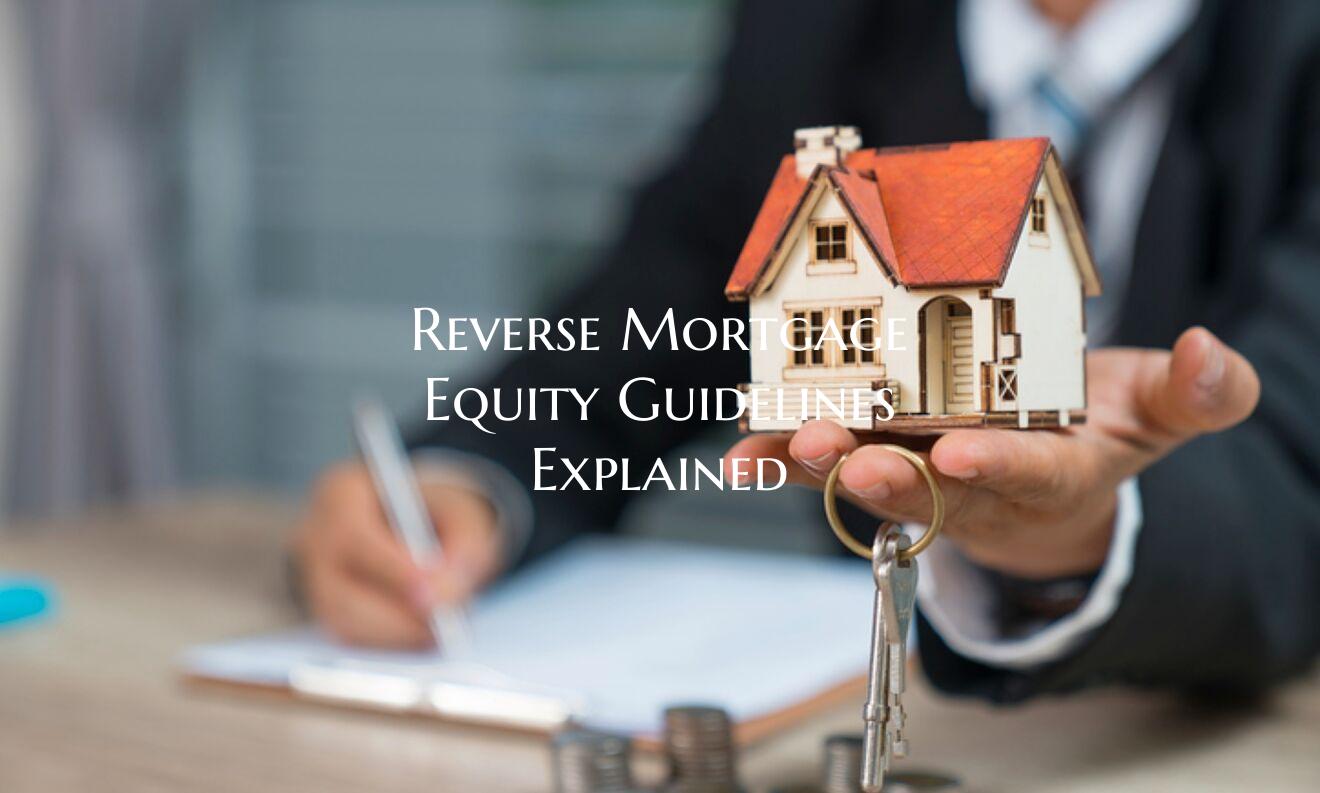Reverse Mortgage Equity Guidelines Explained

Introduction
Reverse mortgages can be a valuable option for senior citizens looking to access the equity in their homes. Understanding the guidelines surrounding reverse mortgage equity is crucial for those considering this financial tool. In this article, we will explain the key equity guidelines associated with reverse mortgages, empowering you to make informed decisions about your financial future.
What is a Reverse Mortgage?
A reverse mortgage is a type of loan that allows homeowners aged 62 and older to convert part of their home equity into cash. Unlike traditional mortgages, a reverse mortgage does not require monthly payments. Instead, the loan is repaid when the borrower moves out of the home, sells the property, or passes away. The amount borrowed, plus interest and fees, is typically paid off using the proceeds from the sale of the home.
Equity Requirements for Reverse Mortgages
To qualify for a reverse mortgage, homeowners must have significant equity in their property. The amount of equity required will vary depending on the age of the youngest borrower, the home's appraised value, and current interest rates. Generally, the more equity you have in your home, the higher the loan amount you may be eligible to receive.
Loan-to-Value Ratio
One of the key equity guidelines for reverse mortgages is the loan-to-value ratio (LTV). This ratio compares the amount of the loan to the appraised value of the home. The LTV ratio helps determine how much equity is available to borrow. The higher the LTV ratio, the lower the equity requirement will be.
Equity Preservation
While a reverse mortgage allows homeowners to access their home equity, it is essential to consider how this may impact your overall financial situation. Borrowers should be mindful of preserving enough equity in their homes to cover any future needs or unexpected expenses. It is advisable to work with a financial advisor to ensure that taking out a reverse mortgage aligns with your long-term financial goals.
Conclusion
Understanding the equity guidelines associated with reverse mortgages is essential for anyone considering this financial option. By being aware of the equity requirements, loan-to-value ratio, and the importance of equity preservation, you can make informed decisions about utilizing your home's equity in retirement. If you meet the equity guidelines and have a thorough understanding of the terms and conditions of a reverse mortgage, it can be a valuable tool for enhancing your financial security in retirement.
